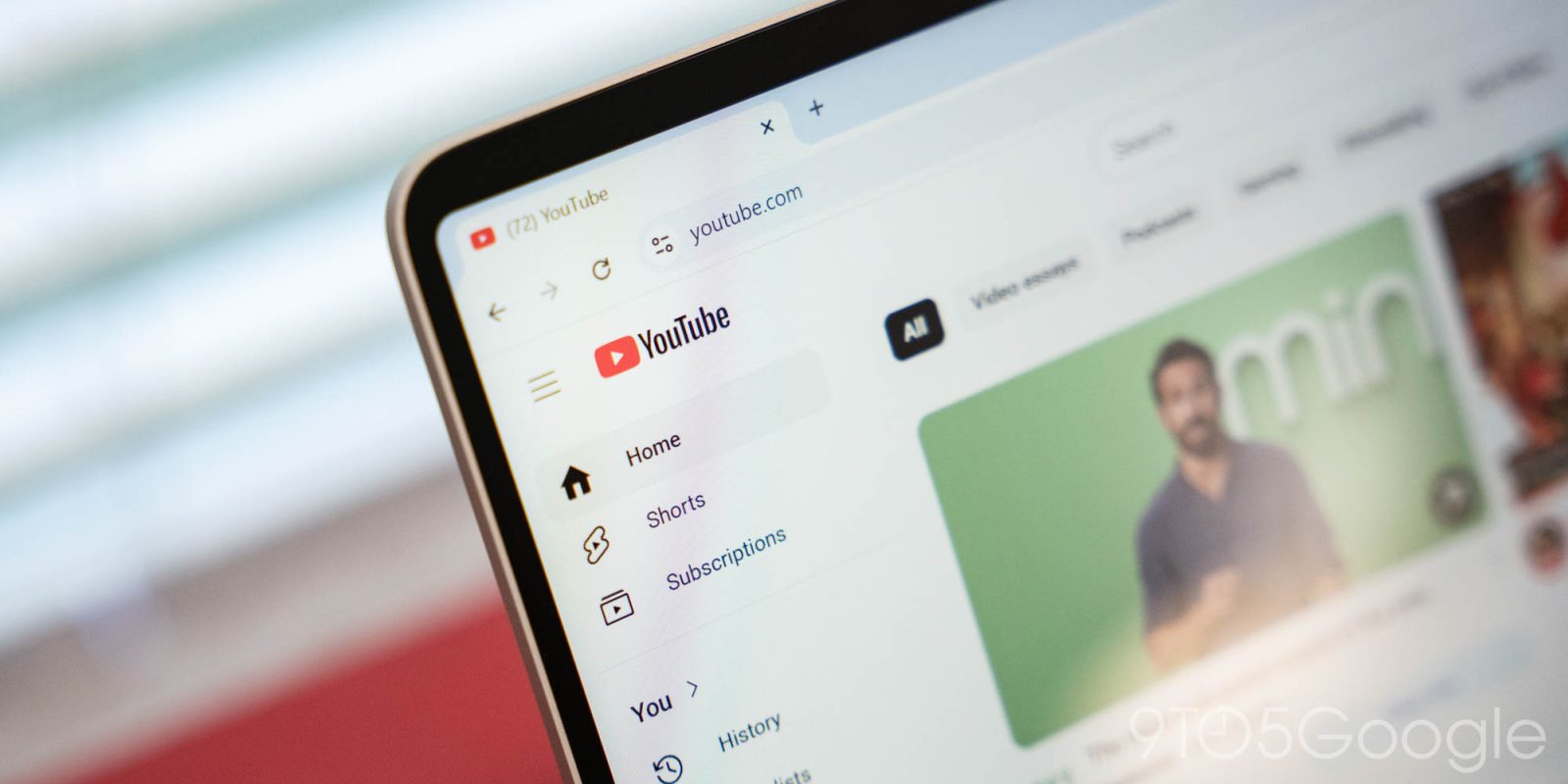
Over the past month or so, many YouTubers have been reporting major drops to their video view counts. Theories have run wild, but there’s one explanation involving ad blockers that makes the most sense, but YouTube isn’t confirming anything directly.
Since mid-August, many YouTubers have noticed their view counts are considerably lower than they were before, in some cases with very drastic drops. The reason for the drop, though, has been shrouded in mystery for many creators.
The most likely explanation seems to be that YouTube is not counting views properly for users with an ad blocker enabled, another step in the platform’s continued war on ad blockers. This was first realized by Josh Strife Hayes, who noticed that view counts on TV, phones, and tablets have been steady, while views on computers have dropped by around 50% since the mid-August trend started. TechLinked, a channel in the Linus Tech Tips family, confirmed similar numbers within its statistics.
This aligns with one of the possible explanations that YouTube itself hinted at in an acknowledgement of lower view counts.
Google says:
Viewers Using Ad Blockers & Other Content Blocking Tools: Ad blockers and other extensions can impact the accuracy of reported view counts. Channels whose audiences include a higher proportion of users utilizing such tools may see more fluctuations in traffic related to updates to these tools.
The rest of the post addresses prior speculation that YouTube’s new AI-powered age verification tools were to blame – which YouTube adamantly says is not the case – while also offering other possible explanations such as “seasonal viewing habits” and competition on the platform.
YouTube says “there is no systemic issue that is impacting creators” regarding lower view counts.
This ad blocker situation does seem the most likely explanation, though. In a prior video, Linus Tech Tips had noted that while view counts were down, ad revenue was not. If computer views are the only ones down, it stands to reason that viewers using an ad blocker are not being counted correctly, especially if ad revenue isn’t taking a hit from the lower view counts. YouTube’s hint that ad blockers “can impact the accuracy of reported view counts” certainly suggests this is possible, even if it’s not firm confirmation.
More on YouTube:
- YouTube for Android TV, Google TV will now let you test new features in beta
- YouTube recommending awful videos? Here’s how to fix that
- YouTube rolls out new profanity guidelines for creators
Follow Ben: Twitter/X, Threads, Bluesky, and Instagram
Add 9to5Google to your Google News feed.
FTC: We use income earning auto affiliate links. More.